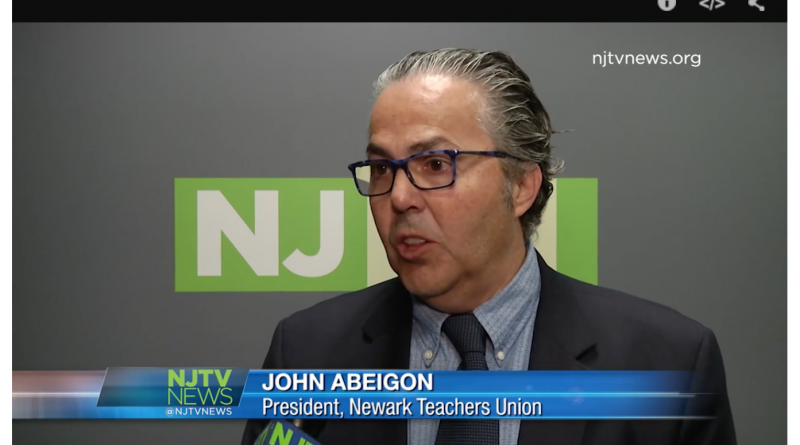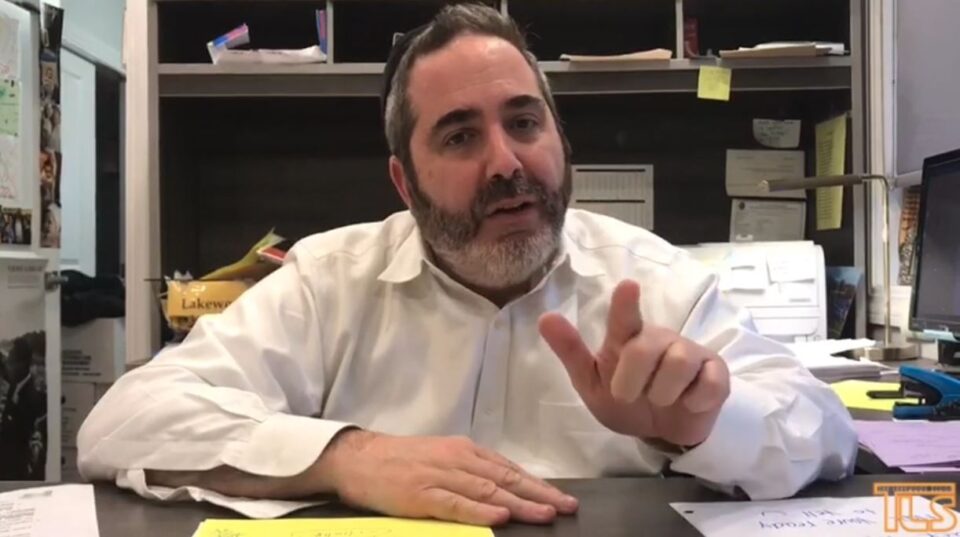Camden Update: “Our Students Have the Potential to Change the World”
February 6, 2015Eva Moskowitz, Union Leaders, and Special Education
February 9, 2015Sunday Leftovers
Mashea Ashton, a former special education teacher and head of the Newark Charter School Fund, writes in today’s Star-Ledger that “public charter school sector must continue to find ways to increase services for special-needs students while doing what they often do best – serving as incubators for innovative approaches – to better serve these students while maintaining high expectations for all children.”
The Star-Ledger also reports on the Brookings Institute’s glowing report on the way that Newark Public Schools has integrated parental choice into school enrollment processes. See my coverage here.
See NJ Spotlight and the Star-Ledger for coverage of this week’s presentation by Asst. Comm. Bari Erlichson about what PARCC results will look like and what information they will provide to teachers, administrators, and parents. N.J.’s previous tests, the ASK and the HSPA, says Erlichson,
“were not assessments that informed student learning. It was ultimately not meaningful as a teacher tool or to help parents engage in student learning.” The PARCC, however, will “change that by furnishing detailed, user-friendly data about a student’s specific capabilities, such as vocabulary or reading and comprehending different kinds of texts. She said different reports available to schools would let them look at how students performed on individual questions.”
“were not assessments that informed student learning. It was ultimately not meaningful as a teacher tool or to help parents engage in student learning.” The PARCC, however, will “change that by furnishing detailed, user-friendly data about a student’s specific capabilities, such as vocabulary or reading and comprehending different kinds of texts. She said different reports available to schools would let them look at how students performed on individual questions.”
In The Record, Parsippany Superintendent Scott Rixford explains to the public that “For years all students in grades three to eight have taken NJASK, and students in grades 11 have taken the HESPA. PARCC tests are a replacement to both these tests. The difficulty is significantly greater, and I support that. What we know is that the HESPA taken in grade 11 was by all measures, an eighth-grade proficiency test. I believe students in my District deserve to have a higher bar.”
He added, “We are not going to have an opt-out policy; there is no such thing,I know parents are saying ‘opt-out’ but there is no state policy for opting out, and the District doesn’t have a policy on opt-out. Frankly, I think it will be the best thing for the kids. I will do my best to dispel the myths for anyone who asks.”
Newark Superintendent Cami Anderson lost yet another tenure case.
Jersey City Superintendent Marcia Lyles gave an overview of district challenges, which include deteriorating buildings, a stubborn achievement gap, and a 67% graduation rate.
Trenton Public Schools faces a $19 million budget gap. Monument Elementary Schools has a 650-student capacity and an enrollment of 291 kids. Superintendent Francisco Duran wants to close the old building, and parents are angry that they weren’t consulted first. (Times of Trenton)
Former Governor Jim Florio makes the case against school vouchers and, in particular, the Opportunity Scholarship Act.
Fact of the week, via NJ Spotlight: “As many as 50 percent of students in some urban schools miss classes at least 10 days out of 180-day school year.”
The Star Ledger Editorial Board opines that parents who opt-out their children from measles vaccines should home-school them.
In yesterday’s New York Times, Chad Alderman considers “today’s eagerness to jettison our commitment to leave ‘no child behind'” in the context of eliminating annual standardized assessments. It’s a shame,” he says, “not just because better tests are on the horizon, but also because it worked. Fourth and eighth grade achievement scores of black, Hispanic and low-income students have never been higher. High school graduation rates are at an all-time high. And researchers repeatedly link No Child Left Behind’s emphasis on traditionally underperforming groups to real improvements in schools around the country. The conversations that No Child Left Behind sparked are not easy, but they are essential.
Alderman concludes,”That’s why it’s exactly the wrong time to accept political solutions leaving too many of our most vulnerable children hidden from view.”




